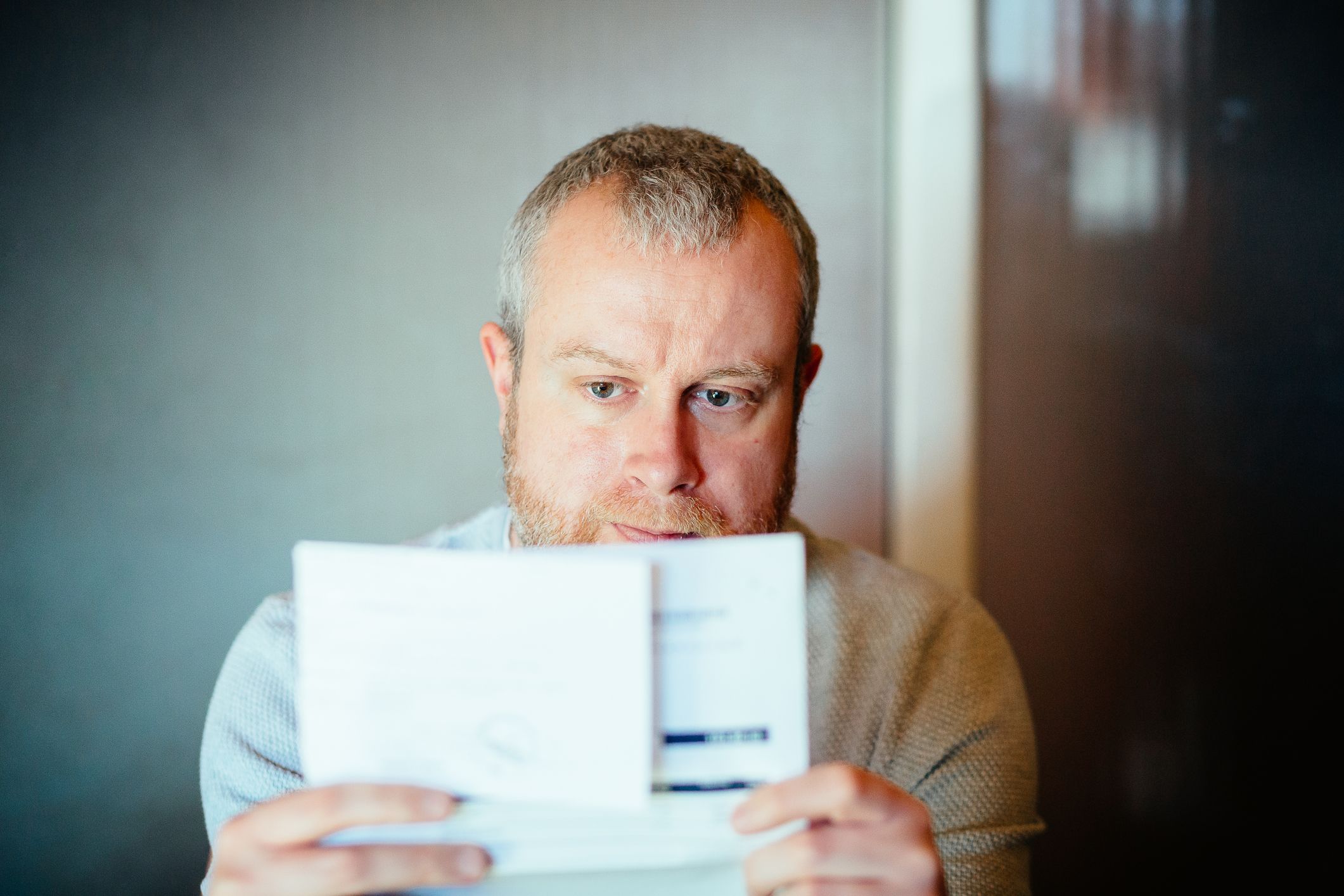Updated on August 24, 2023
The prostate gland is part of the male reproductive system, located just below the bladder and sometimes described as being the size and shape of a walnut. Prostate cancer is cancer that begins in the cells that make up this gland. Advanced prostate cancer is prostate cancer that has spread beyond the prostate gland, to lymph nodes, bones, or other organs.
Because advanced prostate cancer is not curable, treatment aims to achieve goals like slowing the cancer’s progression, alleviating symptoms, and maintaining the best quality of life possible while living with cancer.
Everyone’s treatment plan is different
Advanced prostate cancer is a complex illness and there is no single best approach to treatment. Many factors will need to be considered when deciding how to treat. These include factors about the cancer, like the location of metastases, the symptoms it is causing, and the cancer’s Gleason score (which helps determine how aggressively a cancer is likely to grow and spread).
Factors about the person with cancer must also be considered. These can include age, overall health, medical history, personal preferences, and priorities.
Treatment plans can change over time
A treatment plan can also change over time. A person may begin treatment with one regimen of therapies and switch to a different regimen at a later time. This may be necessary for a variety of reasons. Here are some possible examples:
- If the cancer has not responded to treatment or recurred after treatment.
- If the cancer is growing despite hormone therapy (castrate-resistant prostate cancer) or has stopped responding to any hormone therapy (hormone-refractory prostate cancer).
- If the cancer has spread to another part of the body and treatment can help relieve symptoms. For example, using external beam radiation therapy to treat bone metastases.
- If a person and their healthcare team has decided to begin treatment after a period of active surveillance (also called watchful waiting).
- If a different cancer drug is more affordable or covered by insurance.
- If a person’s treatment goals have changed—for example, if avoiding side effects from treatment has become a greater priority.
- If a new therapy has become available and may be a better option, or if new research shows that an existing therapy or combination of therapies may be a good option.
What to ask when starting a new treatment
People living with advanced prostate cancer should be prepared to discuss different treatment options with their healthcare providers. Here are some key topics to cover during the conversation:
- Why is this therapy being recommended? It’s important to understand how a treatment works and how that treatment aligns with your specific treatment goals.
- What side effects can this therapy cause? Ask about short-term side effects, long-term side effects, and whether side effects are permanent or temporary. Also ask what strategies are available to help reduce or manage these side effects. Making treatment decisions about prostate cancer often involves weighing the potential benefits of a therapy against the side effects.
- How is the treatment administered? Hormone therapy, chemotherapy, radiation therapy, targeted therapy drugs, and immunotherapies are all used in the treatment of prostate cancer, and there are multiple options within each of these categories. Know the exact therapy being discussed, how it is administered, how often it is administered, and where it is administered.
- Will you be able to take a break from treatment? Some therapies—like androgen deprivation therapy (ADT) and oral chemotherapy—can be taken continuously. In some instances, a person may be able to pause treatment for a period of time. Pausing treatment can help reduce some side effects. When this approach is used with ADT, it is known as intermittent ADT. Research into continuous and intermittent ADT is ongoing.
- How will you know if the therapy is working? Ask about tests and exams that will be used to monitor prostate-specific antigen (PSA) levels and other indications that the cancer is responding to treatment.
- How much does the treatment cost? The financial aspects of any therapy should always be discussed, as finances can have a significant impact on a person’s quality of life. Ask about financial assistance programs, payment plans, and other strategies that can help make cancer treatment more affordable.
- What if this therapy doesn’t work? It helps to have a positive outlook when going into a new therapy. But it also helps to know that other options exist if the new therapy doesn’t work out.
Making treatment decisions
Treatment decisions can feel overwhelming. Know that you are not alone, and there are resources and people who can help you and your loved ones. In addition to your healthcare providers, it can help to talk to an oncology social worker. It can also help to participate in a support group for people with prostate cancer.






